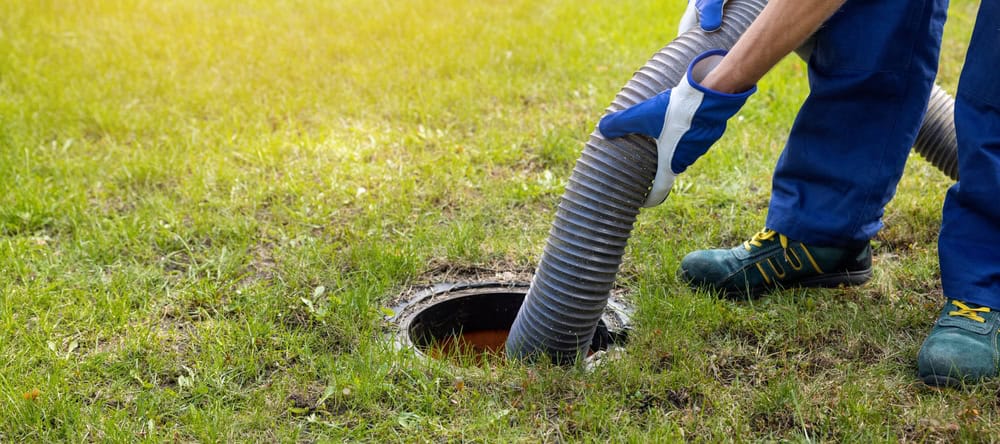
Hear from Our Customers
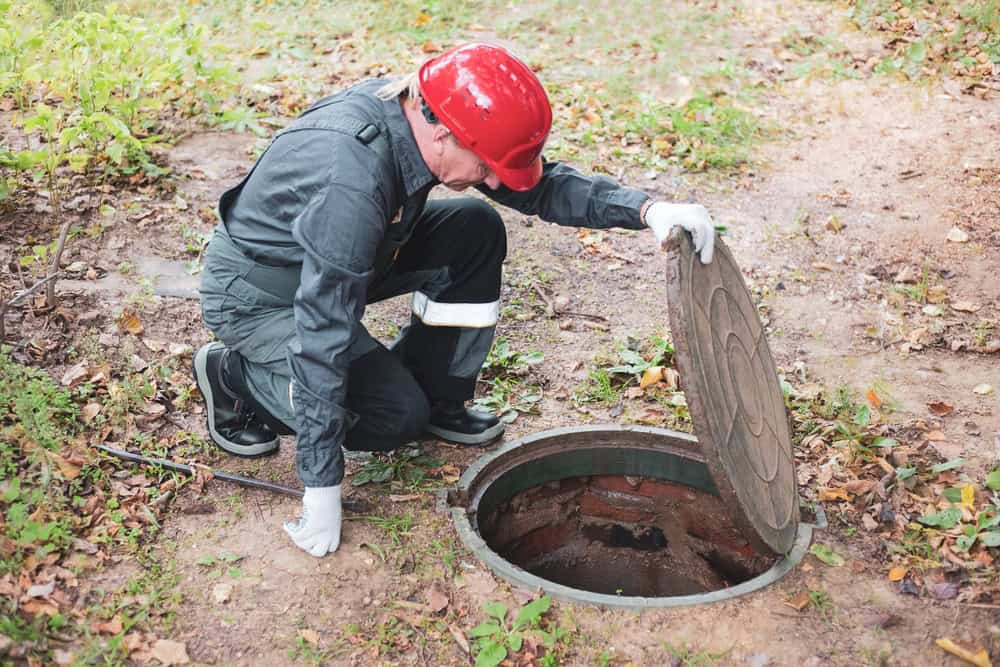
When your septic system works properly, you forget it exists. That’s exactly what proper maintenance delivers.
Regular septic tank cleaning prevents the buildup that leads to backups, foul odors, and expensive emergency repairs. Your system processes waste efficiently without threatening your family’s health or your property value.
You get peace of mind knowing your septic system won’t fail when you need it most. No more wondering if that slow drain means trouble or worrying about contaminating your groundwater.
We have been serving Glen Cove homeowners with reliable septic services for years. We understand the unique challenges of Nassau County’s older septic systems and the environmental concerns facing Long Island.
Our team knows that nearly 40,000 homes in Nassau County still rely on septic systems, especially along the North Shore where Glen Cove sits. We’ve seen how proper maintenance protects both your investment and Long Island’s precious groundwater.
When you call Quality Cesspool, you’re working with professionals who live and work in your community. We’re not just another service company—we’re your neighbors who care about keeping Glen Cove’s water clean and your septic system functioning properly.
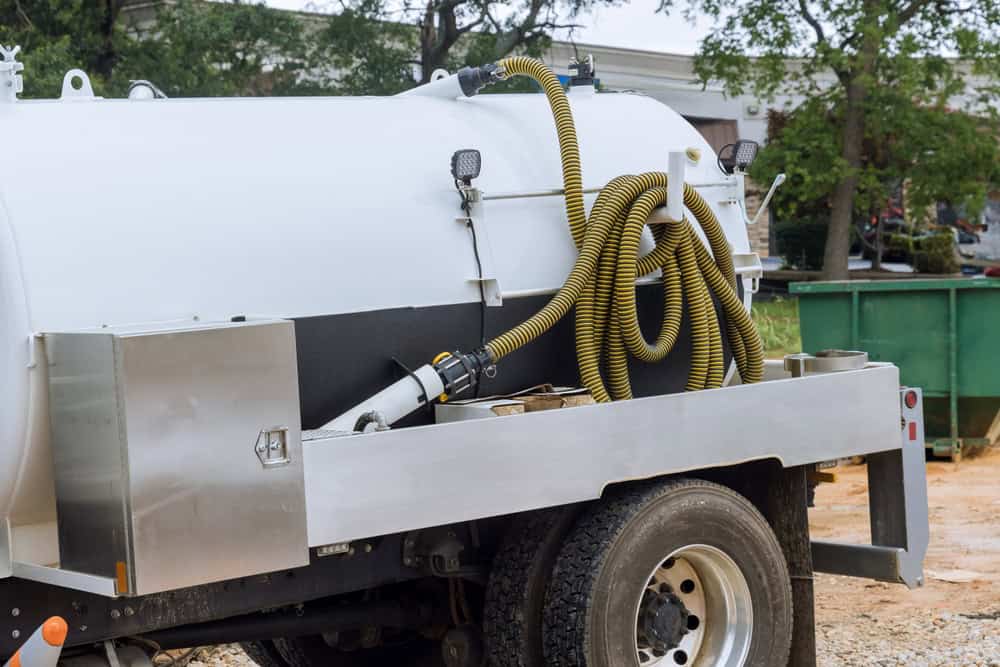
Our septic tank cleaning process starts with locating and accessing your tank. We inspect the system to assess sludge levels and identify any potential issues before they become problems.
Next, we use professional-grade pumping equipment to remove accumulated sludge and scum from your tank. Our advanced trucks handle tanks of all sizes, from small residential systems to larger commercial installations.
After pumping, we inspect your system components and provide you with a clear assessment of your tank’s condition. We’ll let you know when your next septic maintenance service is due and flag any repair needs that could prevent future problems.
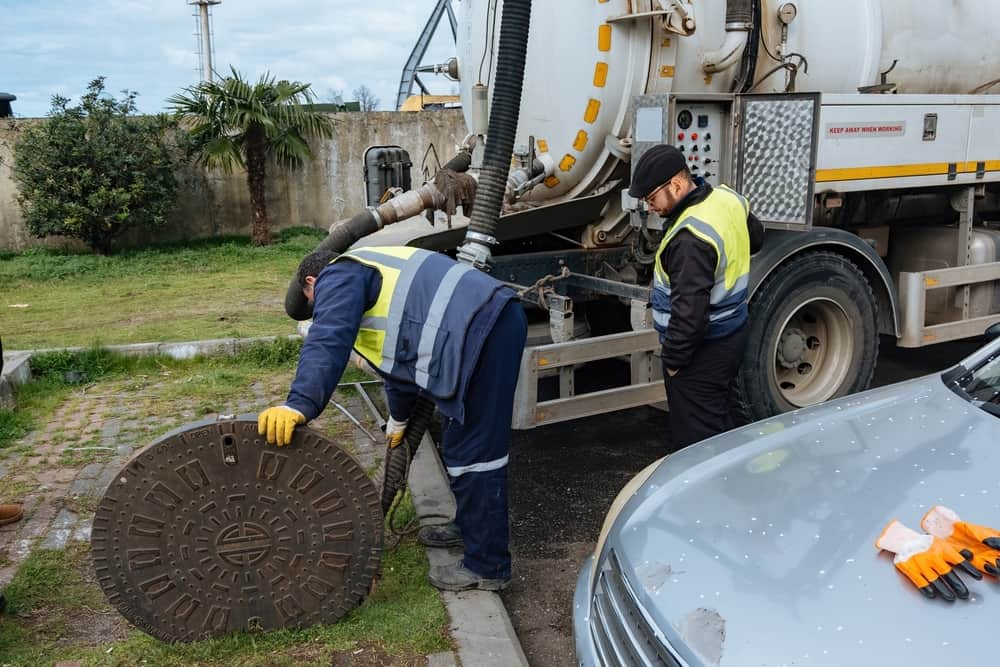
Ready to get started?
Our septic tank cleaning service includes thorough pumping, system inspection, and professional assessment of your tank’s condition. We remove all accumulated sludge and scum that can cause backups and system failures.
In Glen Cove and throughout Nassau County, we’re seeing increased focus on environmental protection. New York State now considers conventional septic systems as failing because they can’t remove nitrogen that pollutes Long Island’s groundwater and coastal waters.
That’s why we also provide guidance on system upgrades and maintenance practices that protect both your property and the environment. Nassau County offers grants up to $20,000 for qualifying system upgrades through the S.E.P.T.I.C. program, and we can help you understand your options for septic repair or replacement.
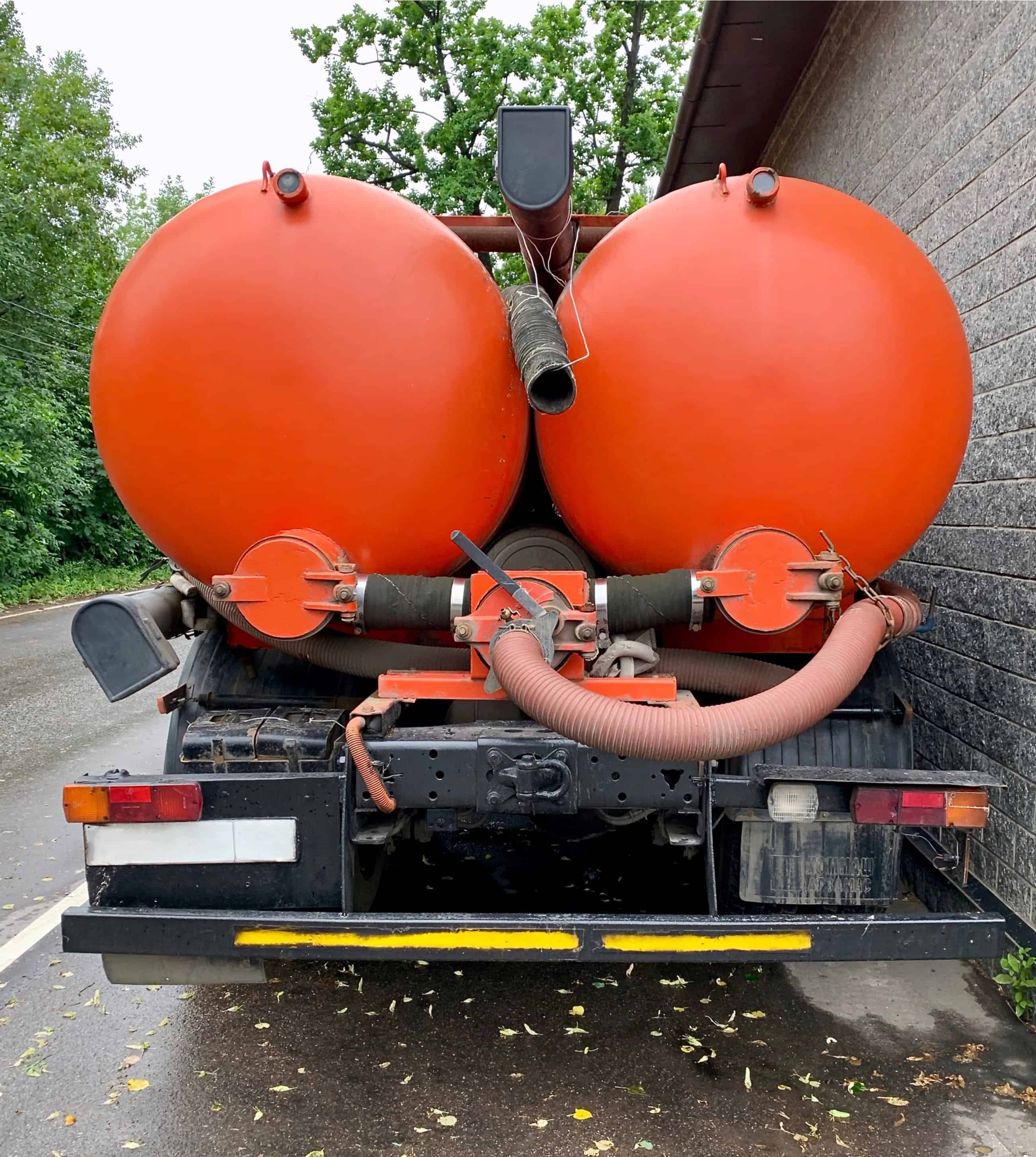
Most septic tanks in Glen Cove need cleaning every three to five years, but this depends on your household size and tank capacity. The EPA recommends pumping when the scum layer reaches six inches of the outlet or when sludge builds up within 12 inches of the outlet.
Larger households generate more waste and need more frequent service. If you have a garbage disposal, entertain frequently, or use harsh cleaning chemicals, you may need annual or bi-annual cleaning.
We can assess your specific situation during service and recommend the right schedule for your system. Regular septic maintenance costs far less than emergency repairs or system replacement.
The most obvious warning signs include slow draining fixtures, sewage backups, and foul odors around your property. You might also notice pooling water over your drain field or unusually green grass in that area.
These symptoms often indicate your tank is full or your system is failing. In Glen Cove’s coastal environment, systems can fail quickly during heavy rains or storms when groundwater levels rise.
Don’t wait if you notice these signs. Immediate action can save thousands in repair costs and prevent contamination of your property and local water systems. We offer emergency septic service to address urgent problems quickly.
Septic pumping costs typically range from $250 for smaller tanks to $700 or more for large systems, with most homeowners paying between $290 and $560. The exact cost depends on your tank size, accessibility, and current condition.
Factors that affect pricing include how long it’s been since your last pumping, whether we need to locate your tank, and any additional services like septic inspection or minor repairs. We provide upfront pricing so you know exactly what to expect.
Regular maintenance every three to five years costs much less than emergency service or system replacement. Think of it as insurance for your property and your family’s health.
Septic pumping requires specialized equipment, proper disposal methods, and knowledge of safety procedures. The waste must be transported in approved containers and disposed of according to strict local and state regulations.
DIY septic pumping is dangerous and often illegal. Improper handling can expose you to harmful pathogens and toxic gases. You also risk damaging your system or contaminating your property and groundwater.
Professional service ensures safe, legal, and thorough cleaning. We have the equipment, training, and disposal permits necessary to do the job right. The cost of professional service is small compared to the risks of doing it yourself.
New York State’s Department of Environmental Conservation has determined that conventional septic systems and cesspools on Long Island are considered failing because they cannot remove nitrogen from wastewater. This nitrogen pollution is the main cause of harmful algae blooms and fish kills in our local bays and harbors.
Long Island gets all its drinking water from underground aquifers, and nitrogen from septic systems seeps into this groundwater supply. The contamination threatens both our drinking water and coastal ecosystems that support local fishing and recreation industries.
That’s why Nassau County now offers grants up to $20,000 for homeowners to upgrade to nitrogen-reducing systems. These newer technologies can remove up to 90% of nitrogen pollution while still providing effective wastewater treatment.
Without regular pumping, sludge builds up in your tank and eventually flows into your drain field, clogging it beyond repair. This leads to sewage backups in your home, foul odors in your yard, and potential contamination of your property.
Failed septic systems release toxic chemicals like phosphorous, sulfur, and nitrogen into groundwater, along with harmful pathogens that threaten human health. In Glen Cove’s coastal location, system failures during storms can cause immediate environmental and health hazards.
The cost of replacing a failed septic system can reach tens of thousands of dollars, compared to a few hundred for regular maintenance. Regular pumping also protects your property value and ensures compliance with local health regulations.
Most septic tanks in Glen Cove need cleaning every three to five years, but this depends on your household size and tank capacity. The EPA recommends pumping when the scum layer reaches six inches of the outlet or when sludge builds up within 12 inches of the outlet.
Larger households generate more waste and need more frequent service. If you have a garbage disposal, entertain frequently, or use harsh cleaning chemicals, you may need annual or bi-annual cleaning.
We can assess your specific situation during service and recommend the right schedule for your system. Regular septic maintenance costs far less than emergency repairs or system replacement.
The most obvious warning signs include slow draining fixtures, sewage backups, and foul odors around your property. You might also notice pooling water over your drain field or unusually green grass in that area.
These symptoms often indicate your tank is full or your system is failing. In Glen Cove’s coastal environment, systems can fail quickly during heavy rains or storms when groundwater levels rise.
Don’t wait if you notice these signs. Immediate action can save thousands in repair costs and prevent contamination of your property and local water systems. We offer emergency septic service to address urgent problems quickly.
Septic pumping costs typically range from $250 for smaller tanks to $700 or more for large systems, with most homeowners paying between $290 and $560. The exact cost depends on your tank size, accessibility, and current condition.
Factors that affect pricing include how long it’s been since your last pumping, whether we need to locate your tank, and any additional services like septic inspection or minor repairs. We provide upfront pricing so you know exactly what to expect.
Regular maintenance every three to five years costs much less than emergency service or system replacement. Think of it as insurance for your property and your family’s health.
Septic pumping requires specialized equipment, proper disposal methods, and knowledge of safety procedures. The waste must be transported in approved containers and disposed of according to strict local and state regulations.
DIY septic pumping is dangerous and often illegal. Improper handling can expose you to harmful pathogens and toxic gases. You also risk damaging your system or contaminating your property and groundwater.
Professional service ensures safe, legal, and thorough cleaning. We have the equipment, training, and disposal permits necessary to do the job right. The cost of professional service is small compared to the risks of doing it yourself.
New York State’s Department of Environmental Conservation has determined that conventional septic systems and cesspools on Long Island are considered failing because they cannot remove nitrogen from wastewater. This nitrogen pollution is the main cause of harmful algae blooms and fish kills in our local bays and harbors.
Long Island gets all its drinking water from underground aquifers, and nitrogen from septic systems seeps into this groundwater supply. The contamination threatens both our drinking water and coastal ecosystems that support local fishing and recreation industries.
That’s why Nassau County now offers grants up to $20,000 for homeowners to upgrade to nitrogen-reducing systems. These newer technologies can remove up to 90% of nitrogen pollution while still providing effective wastewater treatment.
Without regular pumping, sludge builds up in your tank and eventually flows into your drain field, clogging it beyond repair. This leads to sewage backups in your home, foul odors in your yard, and potential contamination of your property.
Failed septic systems release toxic chemicals like phosphorous, sulfur, and nitrogen into groundwater, along with harmful pathogens that threaten human health. In Glen Cove’s coastal location, system failures during storms can cause immediate environmental and health hazards.
The cost of replacing a failed septic system can reach tens of thousands of dollars, compared to a few hundred for regular maintenance. Regular pumping also protects your property value and ensures compliance with local health regulations.